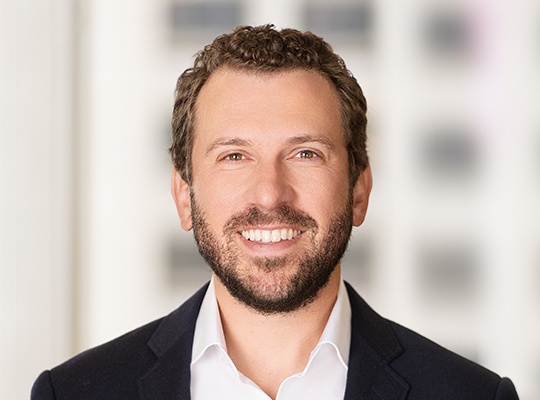COVID-19 Coronavirus Business Impact Broadcast Series: Structured Equity: A Flexible Capital Solution Poised for Growth
Broadcast Summary
On April 15, 2020, Dechert LLP’s Private Equity group hosted “Structured Equity: A Flexible Capital Solution Poised for Growth,” an episode of the firm’s COVID-19 Coronavirus Business Impact Broadcast Series. The episode was hosted by Sarah Kupferman, a senior associate in the firm’s New York office, George Davis, a senior associate in the firm’s New York office, and Jonathan Stott, a partner in the firm’s Philadelphia office.
The presenters discussed considerations for private equity clients when investing in structured equity—the portion of the capital stack subordinate to the debt and senior to the common equity—and the potential evolution of structured equity investments, which may become increasingly attractive in light of the market response to COVID-19.
Highlights from the episode
General
Structured equity investments make up the middle of the capital stack, falling between common equity and debt. These investments generally have lower risk than common equity, but they are subordinate to debt and therefore riskier than a traditional debt investment. Structured equity investments often provide for the investor to have some downside protection, often through a preferred return, and to share in some of the upside, often through a warrant or conversion feature. In effect, investors trade some of the return of a typical common equity investment for a more protected position in the capital stack.
Key Tax and Governance Considerations
For investments in the middle of the capital stack, tax consideration will need to be given both to issues attendant to a common equity investment, and to yield protection more typically addressed in the credit context. Investors will also need to match governance rights with the economic instrument. Not surprisingly, governance rights will draw on both typical credit agreement rights and broader control rights of a common equity investment. Each issuer and structure is unique and requires creative governance and structuring solutions.
Predicted Evolution
As a result of the market response to the COVID-19 pandemic, liquidity is needed across the market. We’ve seen less leverage available to finance transactions and “rescue” capital is required for margin calls and to cure covenant defaults. In other cases, growth capital is in demand. While demand for capital has rapidly increased, the availability of debt and common equity may be limited by new market risk. Structured equity investments may provide a tailored solution to these liquidity needs, with diminished equity dilution for an issuer’s existing equity holders and attractive risk protection for investors. This may be a unique opportunity for structured equity to continue its evolution from a niche play by a few investors to a distinct asset class in much the way private credit and direct lending did after the Great Financial Crisis.




